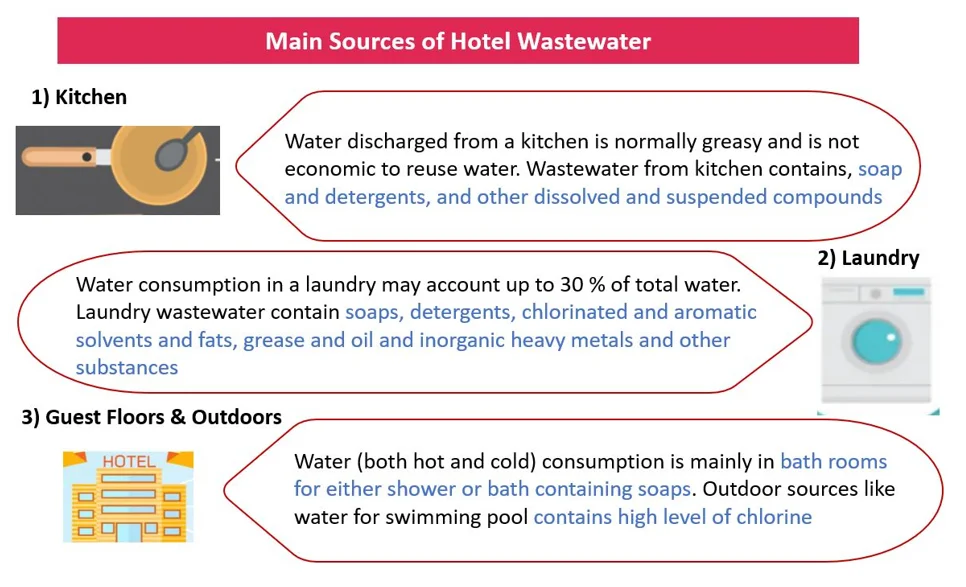
Trey Ratcliff/ Flickr
Chusak is a tour operator in Phuket in Thailand. With decades of foul smelling untreated black water let into the Bang Tao and Surin beaches, tourism service providers like Chusak may have to shut shop as tourists will stop travelling to these destinations. Coastal tourism, that the ASEAN region is popular for, is facing a lot of risk because of pollution caused by waste water discharge by factories, hotels and large establishments. Year after year there have been conversations on waste being discharged into oceans and large water bodies by various domestic and commercial industries in the international sustainability forums. However, these conversations have resulted in little or no action.
Thailand is one of the most popular tourist destination and industrial hub in Southeast Asia. The country of over 70 million people, covers a land area of 513,115 square kilometers – with a mix of mountains, forests and coastal areas.
There are a total of 25 river basins and 59 rivers and reservoirs in Thailand. In 2020, only 9 rivers of the 59 rivers and reservoirs met the surface water quality standard by Water Quality Index, according to a report by Pollution Control Department in 2020. The main sources were quoted to be pollution from the industrial and domestic sectors.
About 600,000 million cubic meter of rainwater, which is close to 75 percent of total rainfall received, is lost through evaporation, evapotranspiration and infiltration every year. It is the remaining 25 percent that constitutes the runoff that flows into rivers and streams.
The water demand in Thailand is around 70,000 million cubic meter per year. Of the 200,000 million cubic meter surface water, only about 40% of it is fit for consumption and domestic usage. Although the demand for surface water seems to be met every year, more water can be saved every year with controls over grey water or waste water discharge.

Thailand’s burgeoning industrial and tourism sectors, while vital to its economy, pose a significant risk of water scarcity if not addressed proactively. Wastewater management is a critical priority for both industries to ensure sustainable growth and avoid a potential water crisis in the near future.
It is reported that one third of Thailand’s surface water is unusable. The quality of surface water varies across the four regions of the country, but tests show that surface water in the Northern Central and Southern regions are the poorest quality.
A pressing issue is the lack of specific regulations governing groundwater extraction, leading to unsustainable rates. This overexploitation has created a water crisis, particularly in urban areas. To mitigate this, the Bangkok Municipal Association has implemented a fine of 4 baht per cubic meter for any wastewater discharged by industrial and hotel establishments
One of the major sources of wastewater is from the Domestic/Commercial Wastewater – 9.6 million cubic meter of wastewater is generated annually from this segment. Of this, the Hotel segment contributes to one fourth of the Domestic/Commercial wastewater. Major sources of effluent produced from many hotels are from kitchen, laundry and guest floor and outdoors.

The Thai hotel industry generated US$5400 in revenue in 2019, while tourism contributed 18% of the country’s GDP. After a decline due to the pandemic, the industry began to recover in late 2022 when Bangkok lifted entry restrictions. As tourism continues to rebound, there’s an increasing government push for hotels to adopt sustainable and eco-friendly practices. Despite regulations against wastewater discharge, many hotels are still violating these rules.
Further, Thai Hotels Association has been promoting eco-tourism as a cost-effective way of protecting the country’s most valuable asset – its natural environment – while also investing in the tourism industry’s future. Thai hotels are gradually adopting technologies such as the Sewage or Effluent Treatment Plant and Reverse Osmosis technologies. Only a few Thai hotels are reusing treated grey water from baths, swimming pools and sinks to irrigate agricultural fields. Eco-friendly hotels can adopt new technologies such as leak detection and control of water loss, low flow fittings, infrared taps and low-flush toilets to ensure controlled usage water at the least.
Major hotel chains like Laguna Phuket, Centara Hotels & Resorts, and Dusit International have secured eco-friendly certifications to remain competitive in the global sustainable business market. However, there’s still a significant gap in affordable and efficient wastewater management systems, which is crucial for promoting sustainable tourism in Thailand.
This document is part of the whitepaper prepared by ASEAN Business Partners. We are a market entry and specialist firm for the ASEAN region. Please get in touch at contact@bizasean.com if you would like to know more about this whitepaper and ABP’s market research & entry services.
Stay up to update with our latest news.
Have Us Contact You

© Copyright ASEAN Business Partners 2025 I Sitemap I Privacy Policy